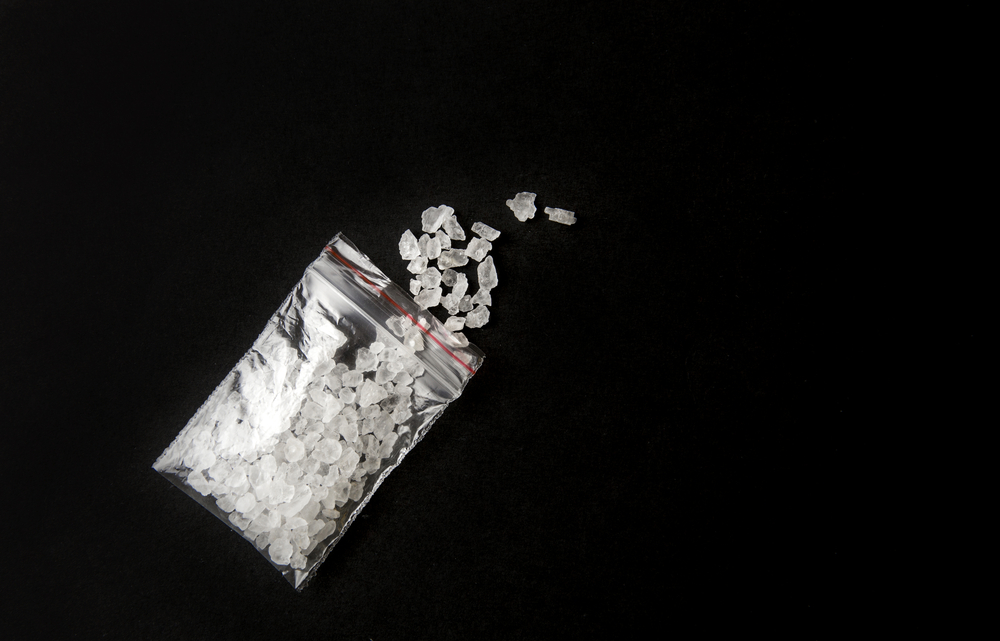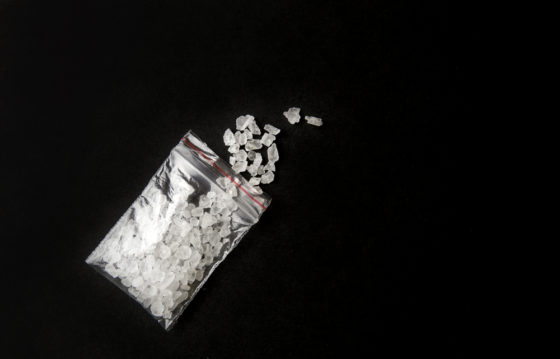Drug testing services stretched to the limit: Volkskrant


Drug testing services are being inundated by people who want to have their illegal drugs checked to make sure they are safe to use, the Volkskrant reported on Tuesday.
In 2019 the 32 test locations operated by the Trimbos Drugs Information and Monitoring System (DIMS) and the local health boards tested drugs brought in by some 18,000 people. This year, after two years of coronavirus, the expected number is 20,000 and ‘a new record’, DIMS national coordinator Laura Smit-Rigter told the paper.
‘We have to tell people “sorry, we’ve had no time to test your pill”,’ Mirjam Reitsma of the Amsterdam drug testing service said. This means users may end up taking contaminated ecstasy, she said.
The drug testing services are particularly popular around festivals and holidays. ‘We were working double shifts during the Amsterdam Dance Event and still we couldn’t help everyone in the queue,’ Reitsma said.
The growing demand for testing does not mean the total drug use has increased, figures from the CBS show, but according to a recent survey there has been an increase among students.
They are particularly keen to have their drugs tested and are responsible for a large part of the extra pressure, the testing services say.
‘We have tried to get our ecstasy pills tested three times and we couldn’t,’ Leiden student Nina told the paper. ‘We used them anyway because we didn’t want to spoil our party.’
New checks
New and quicker ways of testing, such as Fourier Transform Infrared Spectroscopy (FTIR), which can detect most substances, are also being looked at. In Amsterdam the method is already being used to test speed, ketamine and mdma powder with immediate results.
The Dutch drugs testing system was founded in 1992 and was centralised by the government under the Trimbos Institute, which focuses on addiction services, in 1999.
According to the Jellinek clinic, which pioneered testing in the late 1980s, the primary goal of the DIMS is not to offer a service to the consumer, but to monitor the Dutch illegal drug market so that action can be taken when there is an acute public health risk.
‘The possibility for the consumer to know what is in their drug is obviously a useful outcome as well,’ the clinic said.
Thank you for donating to DutchNews.nl.
We could not provide the Dutch News service, and keep it free of charge, without the generous support of our readers. Your donations allow us to report on issues you tell us matter, and provide you with a summary of the most important Dutch news each day.
Make a donation